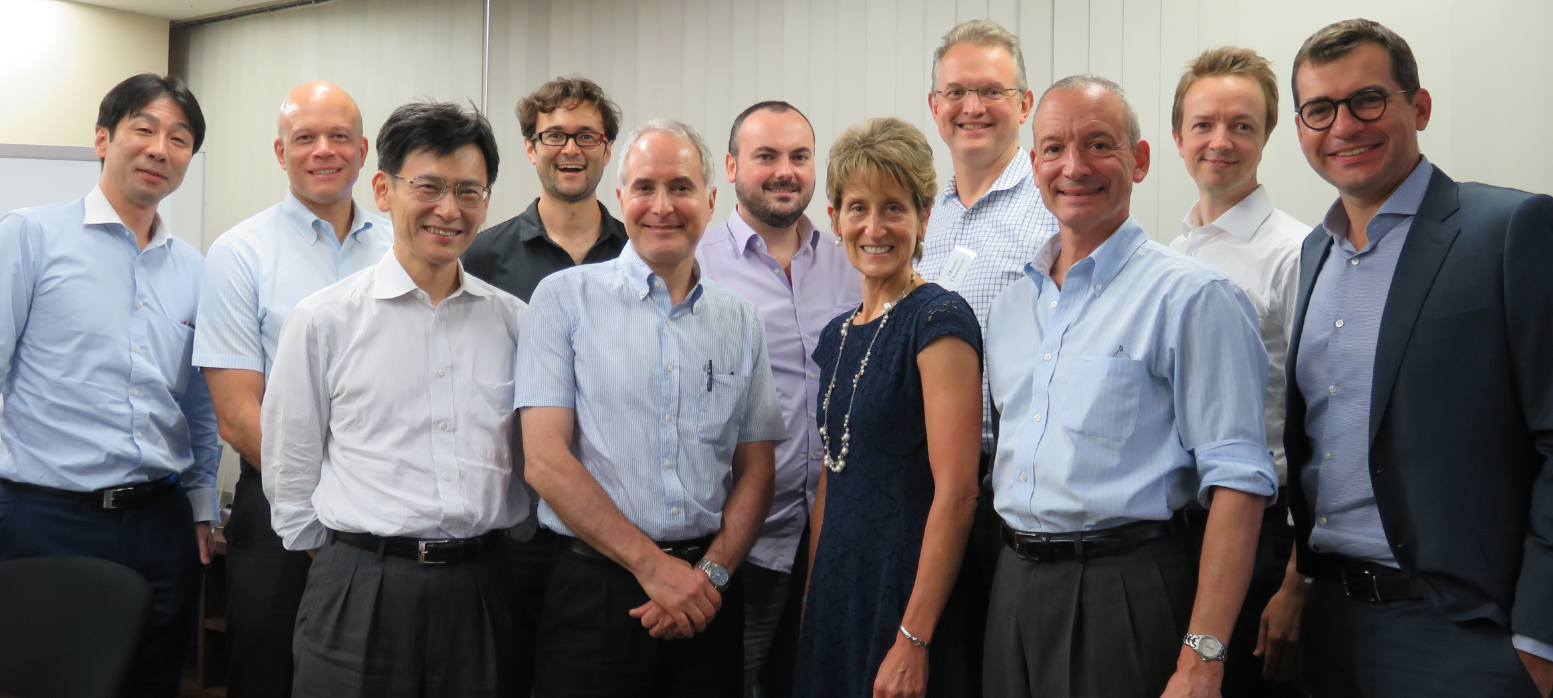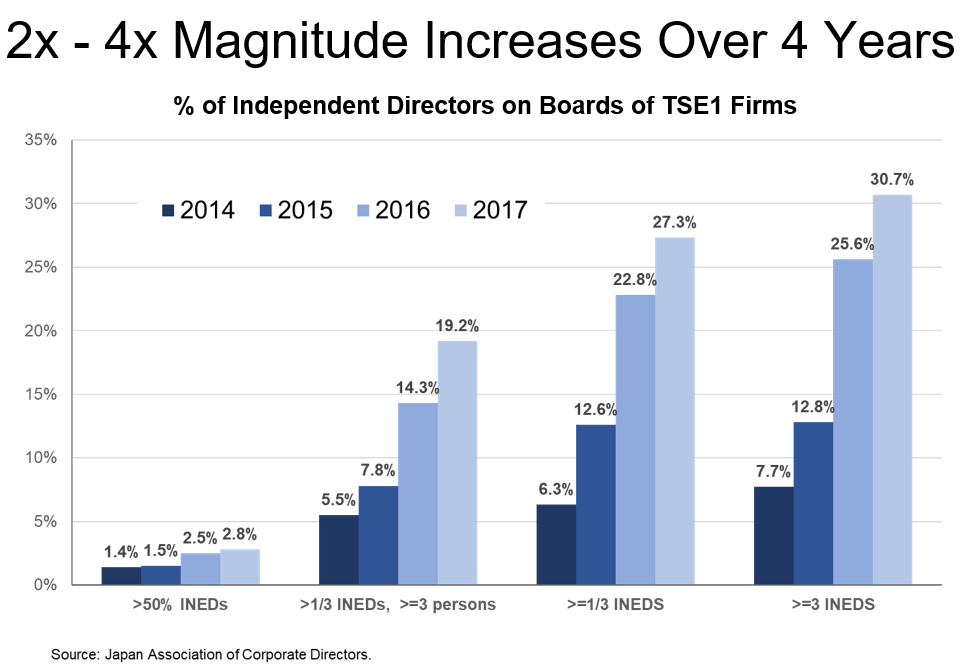Yes, it is true. Secom’s pension fund is the only one. Following the report of a government study group urging private pension funds to sign the Stewardship Code, it is an open secret that many firms in industrial Japan are now waiting for either Panasonic or Toyota to sign the Stewardship Code. If one of these iconic companies’ pension funds signs, it is said there will be an avalanche of other corporate funds that sign. Conversely, if neither of them signs, everyone can use that as an excuse for why they did not sign, e.g. “even mainstream companies like Toyota or Panasonic did not sign it yet.”.
Oddly, Japanese companies pride themselves on the strength of their covenant to employees, yet neglect employees’ pensions by failing to sign the stewardship code and report how they have handled those funds. Why is this? Quite simply, Japanese companies are afraid that if their pension funds become more proactive, those same governance and proxy voting practices might come back and hit them in the face at their own shareholders meeting. What is in the best interests of employees’ pensions may not be in the self-interest of corporate executives. This breaks the most important link in the investment chain – asset owner voice.
Here is an article from Bloomberg focusing on this increasingly interesting situation:
https://www.bloomberg.com/news/articles/2017-06-26/an-unusual-manager-defies-peers-in-870-billion-pension-world
” “The only way you can explain this behavior pattern is to say that, let’s face it, senior executives don’t want active proxy voting and engagement in the market,” said Nicholas Benes, the Tokyo-based head of the Board Director Training Institute of Japan. He said they fear “blowback” at their own shareholder meetings. Judging by their actions, “they care more about that than they do about their employees’ funds,” he said.”




